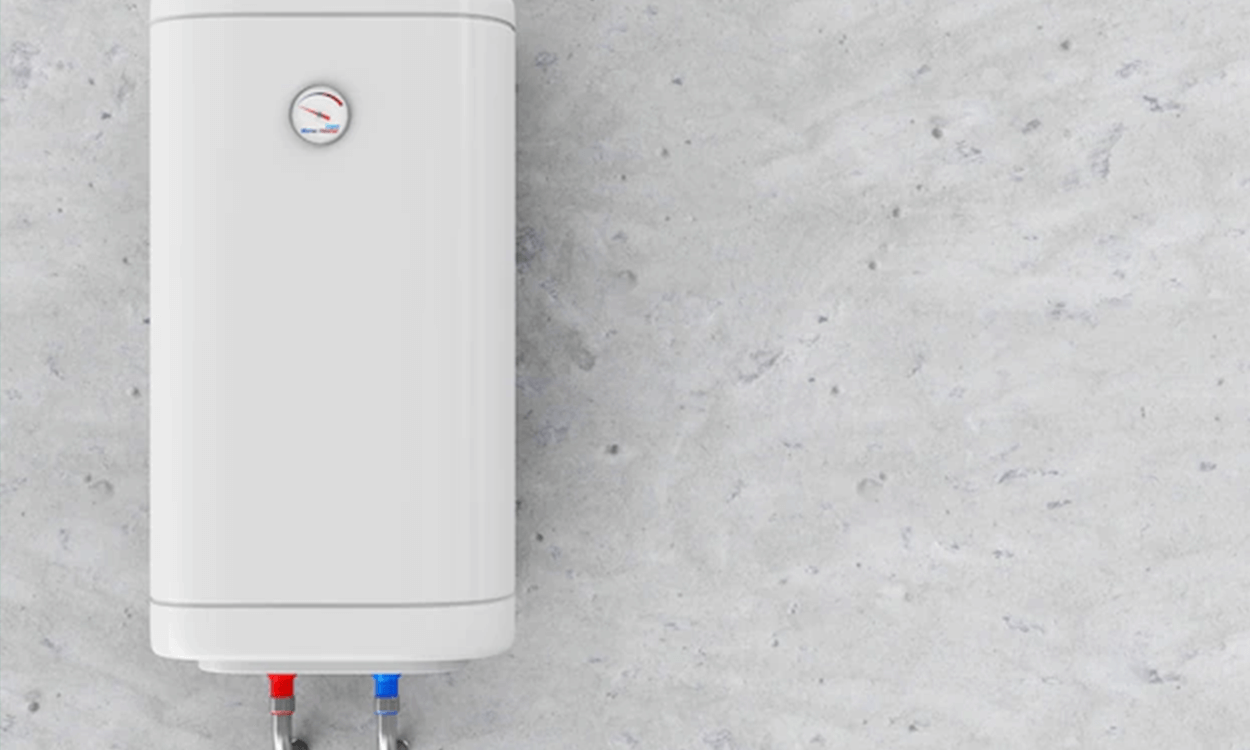There’s no doubt that your central heating system gets mucky. It holds litres of water that circulates around your home via pipes and radiators, so naturally, it will gather some grime, sludge and debris along the way.
The solution is to give your system a thorough cleansing with a power flush – a dedicated cleaning method that helps to keep your home’s central water system functioning as intended, whilst also preventing potential problems from occurring in future.
What is a power flush?
A power flush essentially does what it says on the tin. It’s a powerful cleanse that is used on your home’s central water system to flush out and remove byproducts such as rust from pipework and radiators and other general debris that has naturally built up within your system over time.
If left to idly gather, sludge and the other listed byproducts can cause blockages, corrosion and general wear and tear on your central heating system, ultimately reducing its efficiency, lowering its lifespan and potentially leaving you with big bills to pay out of pocket for.
What happens during a power flush?
A power flush is conducted by an engineer that connects a specialised pumping machine directly to your heating system that circulates water with chemicals throughout your heating system at high pressure. The chemicals that are pumped through your heating system are specially designed to remove the sludge and debris to help clear the system. Once the flush is complete a suitable corrosion inhibitor is added to the system followed by a system water quality test to ensure the water within your heating system is where it needs to be.
How long does a power flush take?
The time taken to entirely powerflush a central heating system will depend heavily on the type/size of the system and boiler your home has. Not only this, the condition of your home’s heating system will also affect the length of time that will be needed to conduct a thorough clean. Roughly, a power flush will take 6-8 hours to complete but can take a day or two heavily depending on the size and extremity of your water system’s condition.
How to tell if your system needs a power flush
Your home’s central heating system will tell you when it’s in need of some TLC and communicates the signs it needs a power flush in different ways.
Spotting the signs:
- Cold spots on radiators, no heat at all or heat only being felt at bottom of radiator
- Excessive noise from radiators and/or boiler
- Discoloured water from bleeding radiators or taps
- Heating slow to warm up
- Regular boiler breakdowns
- Inconsistency with heating from radiators (some may heat up where others won’t)
Benefits of a power flush
As stated previously, a powerflush can help to keep your boiler and central heating system running smoothly and efficiently. As a result of directly flushing the system, it helps to improve the overall system performance which means your heating doesn’t have to work as hard to push the water through. This in itself means less energy is consumed, and therefore, lower energy bills.
Not to mention all the other benefits provided by giving your central heating system a power flush:
- Increase heating system and boiler lifespan
- Heat is distributed quicker
- Quieter radiators and boiler
- Reduced risk of frequent breakdowns
- Increase system energy efficiency
How often should you flush your central heating system?
If you get your boiler serviced and checked annually (which is highly recommended), then your heating engineer will do an inspection of your overall heating system as part of their routine checks anyway. It will be at this point that they may advise you to pursue a central heating system power flush if they notice any blockages or problems.
If you’re getting a new boiler installed into your home, then a power flush should be executed as part of the installation process.
Who should perform the power flush?
A power flush should not be conducted by yourself or even by a very handy DIY-obsessed friend/family member. A fully qualified heating engineer should always be the one to work on a power flush service as they hold the required qualifications and expertise needed to perform a power flush in accordance with regulations and safety standards.
Any mistakes made to the heating system could end up leaving it in a worse state than it was before, so ensure that a qualified professional is the one to do the job.
Our team of Gas-Safe registered heating engineers hold the qualifications, accreditations and experience to handle both simple and complex central heating systems.
How much will it cost?
The cost of a power flush will depend on the size of your home’s system and the severity of the flush itself. Pricing for a power flush can start at around £500, but can increase depending on the size and condition of your system. Consult with your engineer to understand how much a power flush for your home could cost and to see if/what financing options they may have available.
Want to arrange a call-out?
Our friendly and qualified Gas-Safe registered team of engineers are on hand to review your home’s central heating system and provide our expertise to conduct a power flush should your home need it. Get in touch with one of the team today.
